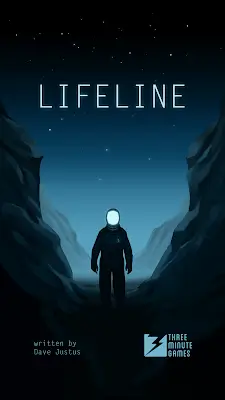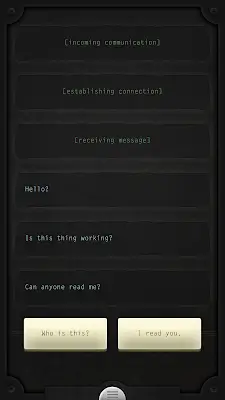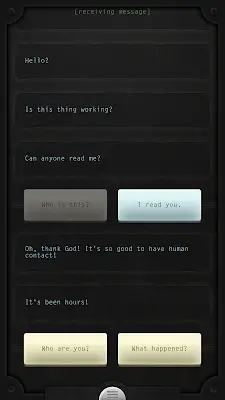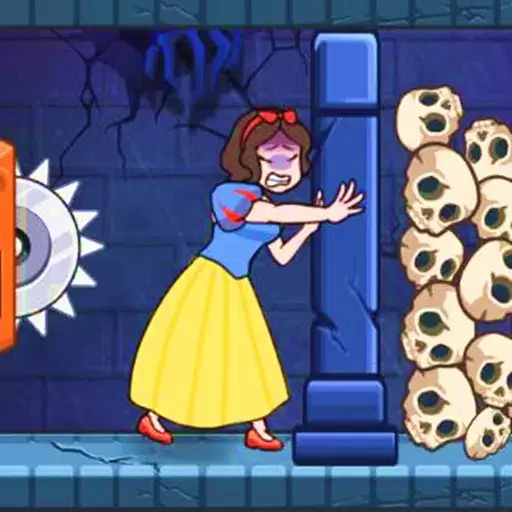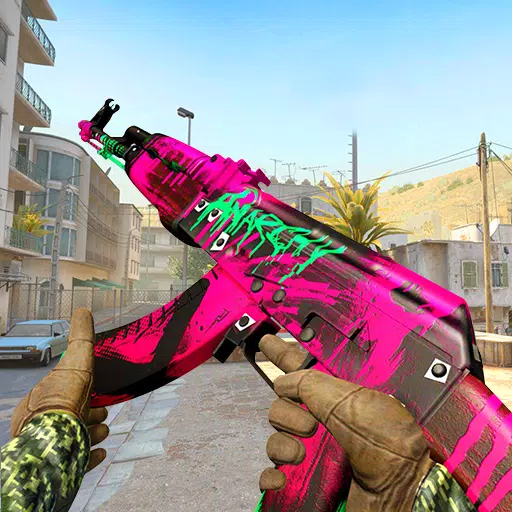Charting the Course: Development Paths for Lifeline
Lifeline, the groundbreaking interactive fiction game from 3 Minute Games, presents a compelling narrative adventure penned by acclaimed writer Dave Justus. Players act as a lifeline to Taylor, guiding them through perilous choices via real-time text messages. This results in branching narratives, multiple endings, and rich character development. But how should we approach further development?
Navigating the Narrative:
Player agency is central to Lifeline. While there's no single "right" path, several strategies can enhance the experience:
- Intuitive Choices: Encourage players to make choices that feel natural and authentic to them.
- Exploration: Design the narrative to reward exploration and experimentation with different choices, revealing unique storylines and character arcs.
- Taylor's Well-being: Prioritize choices that safeguard Taylor's physical and mental well-being.
- Relationship Building: Foster a strong player-Taylor bond through meaningful dialogue and advice.
- Observational Gameplay: Incorporate subtle clues within dialogue and descriptions to guide player decisions.
- Consequence Awareness: Make the consequences of player actions clear and impactful.
Real-Time Immersion: A Defining Feature:
Lifeline's real-time element is its key differentiator. This is achieved through:
- Real-World Integration: Leverage push notifications to seamlessly integrate the game into the player's daily life, delivering messages at various intervals.
- Urgency and Immediacy: The real-time message delivery creates a sense of urgency and immediacy, blurring the lines between fiction and reality.
- Meaningful Interactions: Transform everyday moments (commutes, waiting periods) into opportunities for interaction and decision-making.
- Routine Transformation: Design the game to actively engage players throughout their day, making them anticipate Taylor's messages.
- Emotional Resonance: By intertwining Taylor's story with the player's daily routine, foster a deeper emotional connection and investment in the protagonist's journey.
A Tale of Survival, Choice, and Resilience:
Dave Justus's narrative prowess shines through in Lifeline's compelling storyline:
- Compelling Premise: The crash landing on an alien moon provides a gripping starting point, immediately establishing a desperate struggle for survival.
- Character Depth: Despite Taylor's isolation, their personality, vulnerabilities, and resilience are richly developed through player interaction.
- Suspenseful Twists: Incorporate unexpected encounters and revelations to maintain player engagement and anticipation.
- Multiple Endings: Ensure that player choices significantly impact the narrative, leading to a variety of outcomes and encouraging replayability.
- Emotional Impact: Explore themes of resilience, friendship, and the human spirit, creating emotionally resonant moments for the player.
- Thought-Provoking Themes: Delve into the consequences of choice, the fragility of life, and the strength of the human spirit, prompting reflection on personal values.
In Conclusion:
Lifeline's innovative real-time mechanics and emotionally resonant narrative set a new standard for mobile gaming storytelling. By focusing on player agency, real-time immersion, and a compelling narrative arc, Lifeline continues to offer a unique and unforgettable interactive experience.


